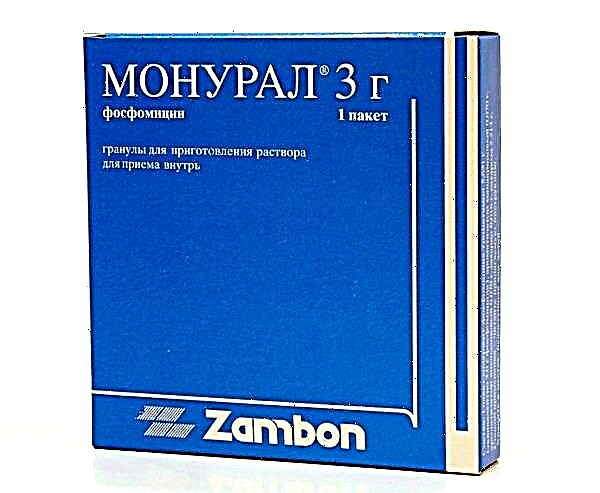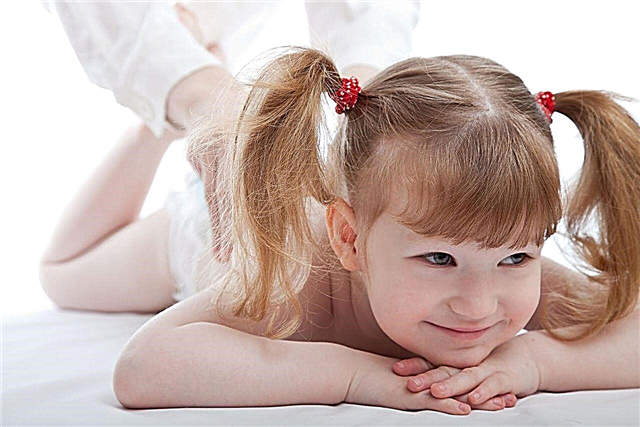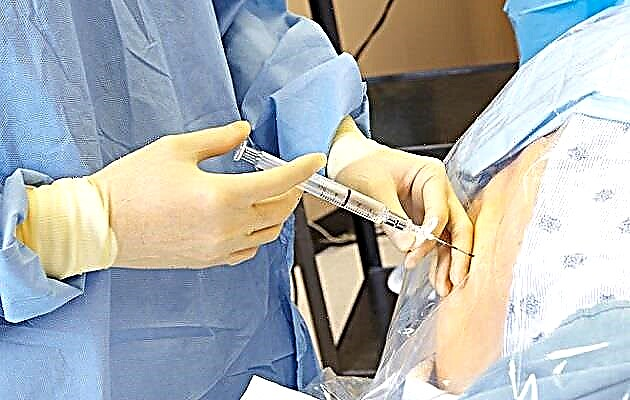
The female breast quickly picks up signals from the body, its condition changes depending on the phase of the female cycle and on the presence or absence of pregnancy. The fact is that the glandular tissue is sensitive to changes in hormonal levels. It is for this reason that some women have chest pain before ovulation.
Causes
Usually, strange, and sometimes painful sensations in the chest occur directly during the ovulatory phase, as well as during the second half of the cycle - luteal. Before the release of the egg, the breast swells and hurts less often, but this cannot be considered a pathology. Rather it is an individual feature of a particular organism.

On the eve of ovulation, a woman's body undergoes global endocrine changes. During the first half of the cycle, a dominant follicle grows and matures on the surface of the ovary, inside which the egg develops. This process takes place against the background of the FSH hormone, which is produced by the anterior pituitary gland.
But 2-3 days before ovulation, the level of estrogen in the blood begins to rise. Increased estradiol is necessary for the body, because it creates optimal conditions for the surge of the hormone LH (luteinizing hormone).
Without LH, the follicle will not be able to burst at the decisive moment - the egg will remain inside the bubble and die in a few days. There will be no ovulation. The follicle will persist and a cyst may develop. LH thinns the follicle membrane, promotes the rapid maturation of the oocyte and its release.

The rise in the quantitative indicator of LH occurs in the period 1-2 days before ovulation, so it is not surprising that in especially sensitive women with a fine organization of the nervous system and almost complete intolerance to pain sensations, 2-3 days before ovulation, the sensitivity of the mammary glands and nipples may increase. The glandular tissue, as hormone-dependent, quickly reacts to a change in hormonal levels.
On the day of ovulation, estrogen drops and progesterone rises, so breast pain can persist after ovulation.
When to see a doctor?
It should be understood that breast pain before ovulation is normal only when it is directly related to the approaching ovulation phase. If such pains are repeated from cycle to cycle, then there is absolutely nothing to worry about. If they have arisen for the first time, you should carefully observe whether such signs will recur in the next month.

It is also important how many days the chest tension and pain persist. Normally, all changes in the glandular tissue associated with the ovulatory process, they pass as the ovulatory phase ends. 1-2 days after ovulation, the pain should decrease or disappear altogether. If this does not happen, it is worth consulting with a specialist.
Physiologic breast pain is commonly referred to as cyclic mastalgia. They are symmetrical - both mammary glands swell and swell at the same time. If only one breast hurts, then this is called acyclic mastalgia, and a doctor's consultation is necessary, since changes in the mammary gland can be both natural and pathological.
There is another type of chest pain - extramammary mastalgia. It is not related to ovulation or the female cycle. In this case, pain in the mammary glands (one or two) is a symptom of some other pathology, for example, osteochondrosis of the thoracic spine, thrombophlebitis, heart disease and even stomach.

Such pain may not be tied even in time to the period preceding ovulation. It can appear on any day of the cycle.
What to do?
With a physiological (natural) reaction of the mammary glands to the level of hormones on the eve of ovulation, nothing needs to be done. If discomfort does not interfere with living fully, then there is nothing to worry about. But if it hurts so much that a woman cannot wear underwear, run, walk at a brisk pace, lie on her stomach, then you should contact a gynecologist. If conception is not planned in the coming cycles, then a specialist will help you choose a hormonal contraceptive - such pills completely suppress ovulatory processes, and all the unpleasant sensations associated with them disappear.
If there is such an individual characteristic, a woman should take some measures that will help reduce pain.
- Should be worn comfortable bras, sewn only from natural materials, comfortably supporting the chest due to wide straps - this will contribute to the correct distribution of the load on the mammary glands during movement. This advice is especially relevant if the woman's breast size is quite large.

- Before ovulation, in a week, that is, after the end of menstruation, you need to try to be in the fresh air more, but activity in sports should be reduced. This approach will contribute to the normal saturation of the body with oxygen, improve blood circulation in the mammary glands.

- You need to keep your back straight while working at the computer, no need to slouch - this is important for the correct center of gravity of the bust.

- When pain appears, you need to do herbal home baths for mammary glands with the addition of a decoction of chamomile and valerian.

- Easy to master vibrating stroking self-massage of the mammary glands - this will help improve blood circulation, while making it easier to get through a difficult hormonal period.

If a woman does not plan to conceive, then a wide range of pain relievers in tablets can be used. When planning conception before ovulation and during ovulation, such drugs are undesirable, but if desired, you can use antispasmodics, for example, "No-Shpoy".
Also, you should not take hot baths - this can increase the discomfort.
For information on why your chest may hurt, see the next video.



